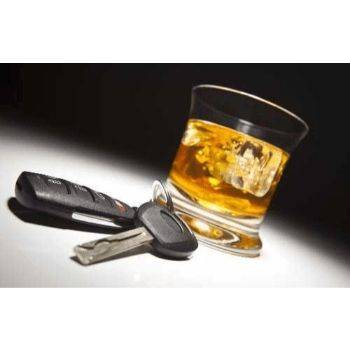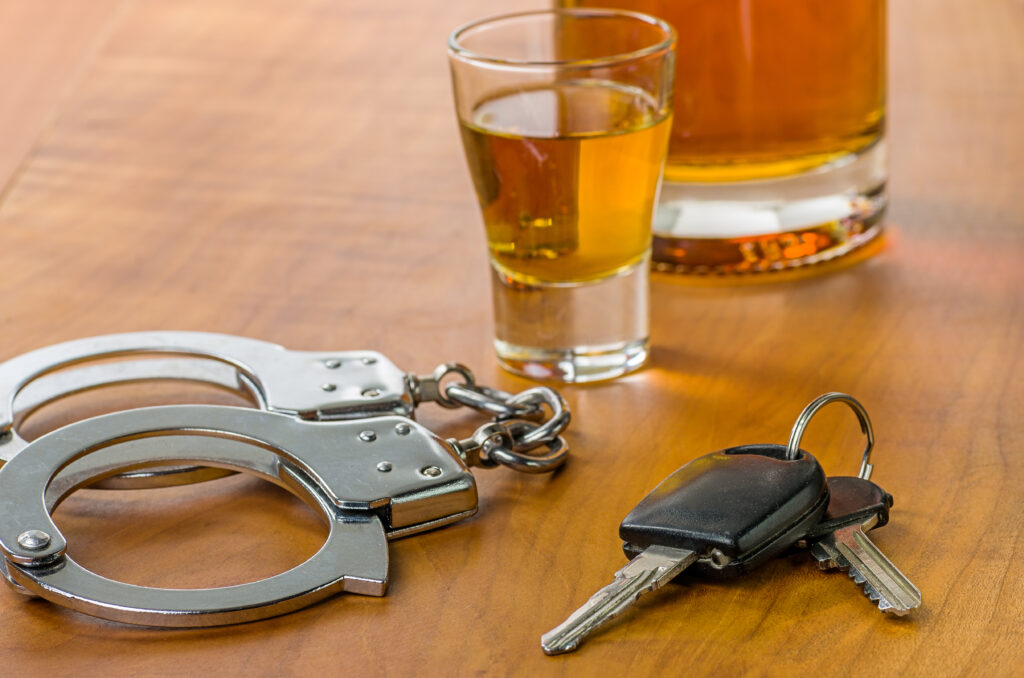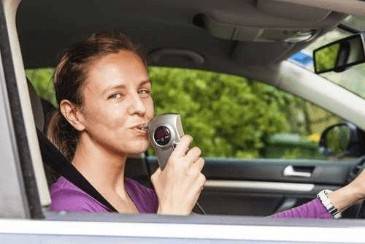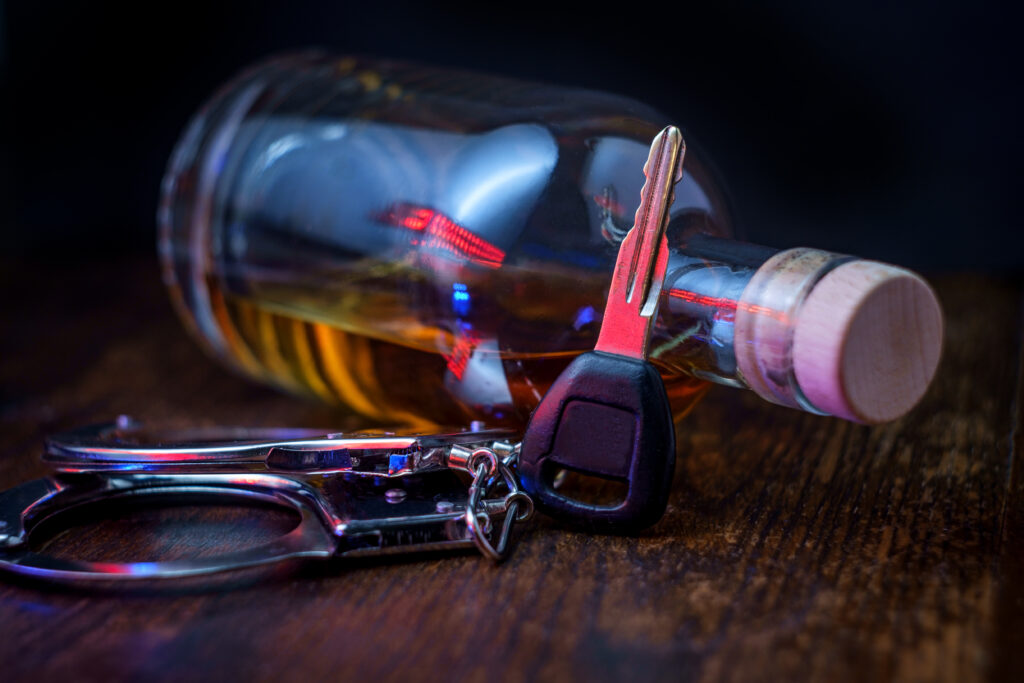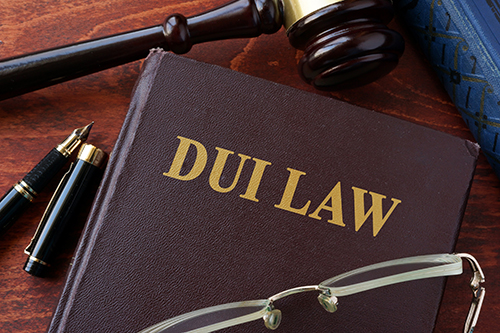What’s a citation, and how does it impact legal proceedings in West Virginia? Understanding citations isn’t just about knowing legal jargon it’s about gaining a deeper comprehension of your rights, responsibilities, and the procedures that govern our legal system. At The Wagner Law Firm, we’re committed to providing informative content that empowers individuals to make […]
Stop and ID states empower law enforcement officers to stop individuals and request identification without requiring reasonable suspicion of criminal activity. No matter where you go across the country, understanding the implications of being in stop and ID states is vital especially when it comes to DUIs. In this blog post, we’ll explore what it […]
A preliminary hearing is a crucial stage in the criminal justice process, and plays a significant role in determining whether a case will proceed to trial. In this blog post, we’ll delve into what a preliminary hearing entails in West Virginia, providing a comprehensive overview of its purpose, procedures, and significance for individuals accused of […]
At The Wagner Law Firm’s official blog, we understand the seriousness of DUI charges and the potential impact they can have on your life. In this blog post, we’ll delve into the penalties for DUI in West Virginia, offering insights and guidance to help you navigate this complex area of the law. Driving under the […]
Commercial driving is a profession that comes with both privileges and responsibilities. If you’re wondering whether you can obtain a Commercial Driver’s License (CDL) after a DUI in West Virginia, it’s crucial to understand the regulations governing this process. In this comprehensive guide, we’ll delve into the intricacies of obtaining a CDL post a DUI […]
Driving under the influence (DUI) is a serious offense across the United States, and each state has its own set of laws and regulations to tackle this issue. West Virginia is no exception, with strict DUI laws in place to ensure public safety. One question that often arises in this context is whether individuals can […]
Driving under the influence (DUI) is a serious offense, and when it involves individuals under the legal drinking age, the consequences can be even more severe. In West Virginia, the legal drinking age is 21, and the state imposes strict penalties for those found guilty of driving under the influence while underage. If you find […]
In the realm of West Virginia DUI cases, Ignition Interlock Devices (IIDs) play a crucial role in shaping the legal landscape and ensuring public safety. As the legal framework evolves, it becomes imperative for individuals facing DUI charges and their legal representatives to comprehend the nuances of Ignition Interlock Device requirements within the state. This […]
Driving under the influence (DUI) is a serious offense in West Virginia, and when it escalates to a felony level, the consequences become even more severe. In such cases, the use of Ignition Interlock Devices (IIDs) is a crucial element of the legal process. This page will delve into the specifics of West Virginia’s felony […]
Driving Under the Influence (DUI) charges are serious, but when elevated to a felony level, the consequences become even more severe. In West Virginia, a Felony DUI conviction triggers mandatory minimum sentences that demand careful consideration and legal experience. This page explores the key aspects of West Virginia Felony DUI, the associated mandatory minimum sentences, […]




